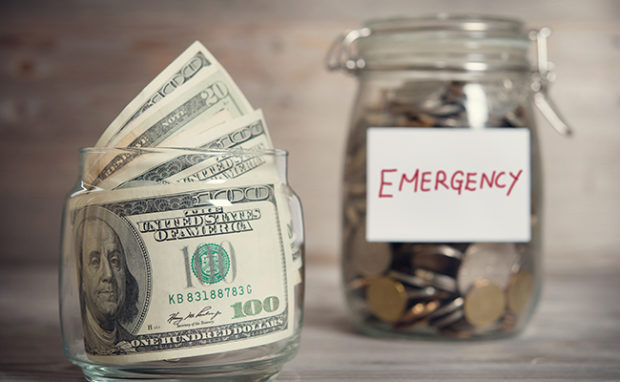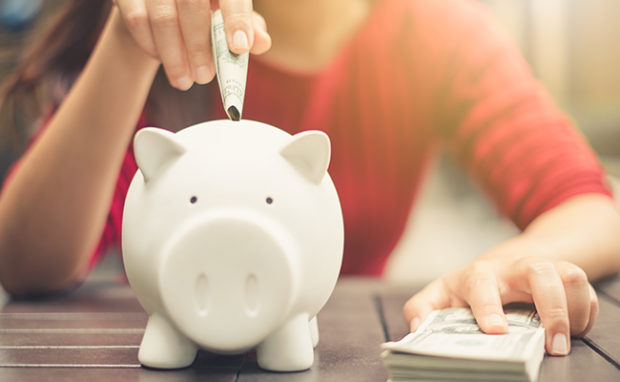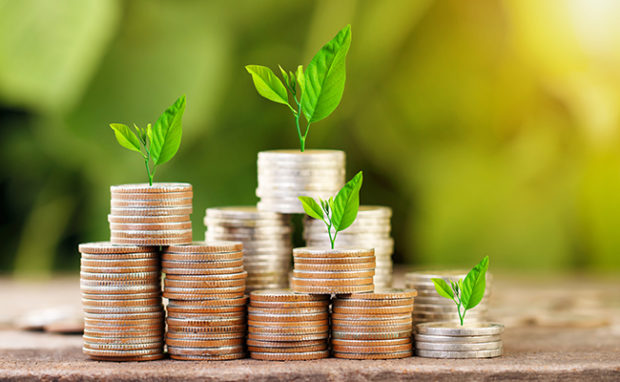Emergency Fund: What Is It and How to Start One?
An Emergency fund may be something that you have never heard. You might not feel that you even need an emergency fund. Little did you know, we all need one in our lives.
What is an emergency fund anyway? What is it needed for, and how do you start an emergency fund? These are some questions that we will answer for you in this article.
Starting an emergency fund is quite simple if you know the steps to take. Some people use an advisor to assist them with this task. Others are successful alone.
It’s up to you and how comfortable you are with handling this fund. You may need that extra person in your life to help check and keep your emergency fund under control and keep you from touching it.
Ready For a Quick Quiz?
What is an Emergency Fund?

An emergency fund is an account that you can keep in a bank that you use only to put extra money in for unexpected expenses.
Some of these unexpected expenses may include a trip to the emergency room; your car needs repairs, home appliances or repairs, and unemployment. You may get sick and be unable to work.
What do you do in these situations to stay afloat with bills and daily living? These are some reasons why you should have an emergency fund.
Having an emergency fund in a high rate savings account can help you avoid taking out a loan or even borrowing from a friend or family member.
When you have an emergency fund, you won’t have to use your credit cards or take out any high-interest loans. Living expenses cost a lot of money and saving money each month.
How Much Should I Save Each Month?
Many financial advisors tell us that you should save money each month from your paycheck. They advise saving up to half a year of monthly expenses in your emergency fund.
If this is not attainable, try to save at least three months’ worth. If you have lost your job, you could use any amount to help pay your bills or necessities that you must have. You may be able to draw unemployment to help as well.
So, why not start today. Open a bank account for emergency savings only. Make sure this is separate from your regular checking account, so you aren’t tempted to spend from it.
Most people should save 1,000 dollars in the emergency fund. You should think about the long term as well as right now.
You always want to have a safety net, and this is a great way to do that.
Steps to Building Your Emergency Fund

Setting up an emergency fund is easy if you follow these steps. You will be much better off knowing that you have a cushion just in case.
- Set up a monthly savings goal. Once you have established how much you are going to save each month, the saving will be easy. Have a specified amount deposited in your savings each paycheck.
- You are keeping your change. Every time you get a chance, take that chance and put it in a jar. Every cent counts, and it adds up.
- Clean up your checking account. If you have any extra money at the end of your pay period, take it out, put it in the emergency fund.
- Cut your expenses down. If you are living from paycheck to paycheck, you’re living above and beyond your means. Try to cut back on increasing your credit card debt too.
- Open a money market account. Will increase your funds in the long term.
- Try to pay off some student loans. You can also check to see if you qualify for loan forgiveness.
- Research mutual funds. It could be an excellent way for you to make some money if you’re patient.
- Once you have set up your savings budget, start saving a month’s worth of expenses. You will be surprised how quickly you can save for your emergency fund.
- Getting a CD, or certificate of deposit may be a great way to achieve your savings goal for your emergency fund. If you are a member of a credit union, you will have an easy time getting a CD, and the interest will multiply as well.
Always remember the emergency fund is for emergencies only. Otherwise, there is no point in saving money when you are going to spend it right away.
An emergency fund will be a lifesaver if used correctly. The stress relief will be incredible, and you’ll be happy that you have something to fall back on.




